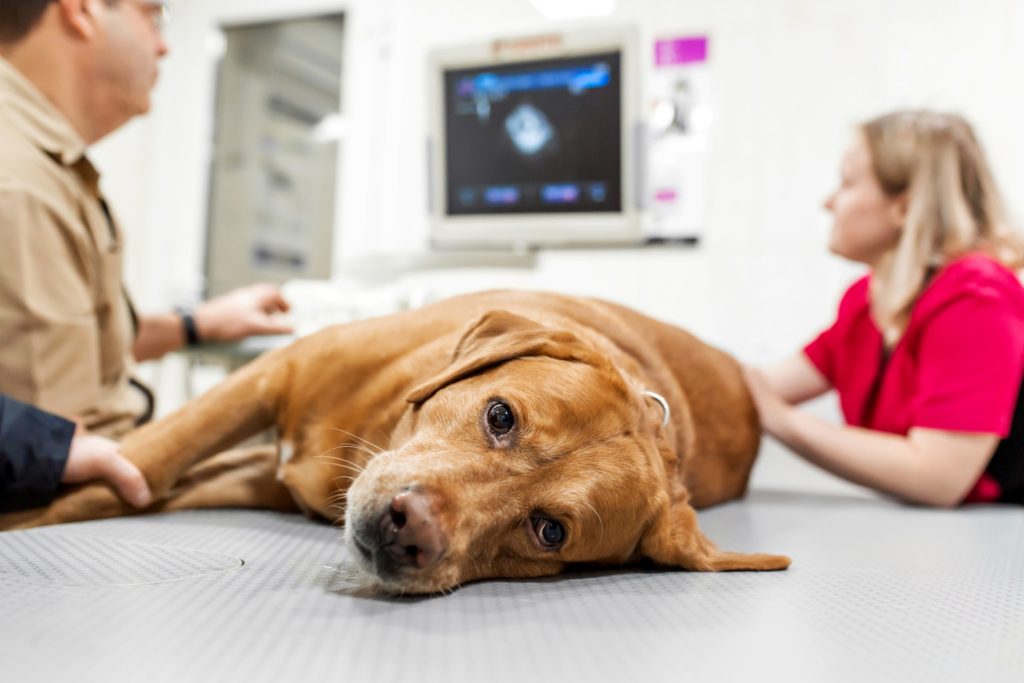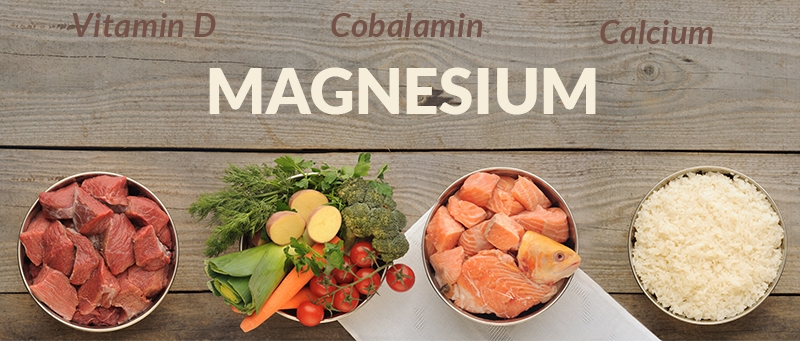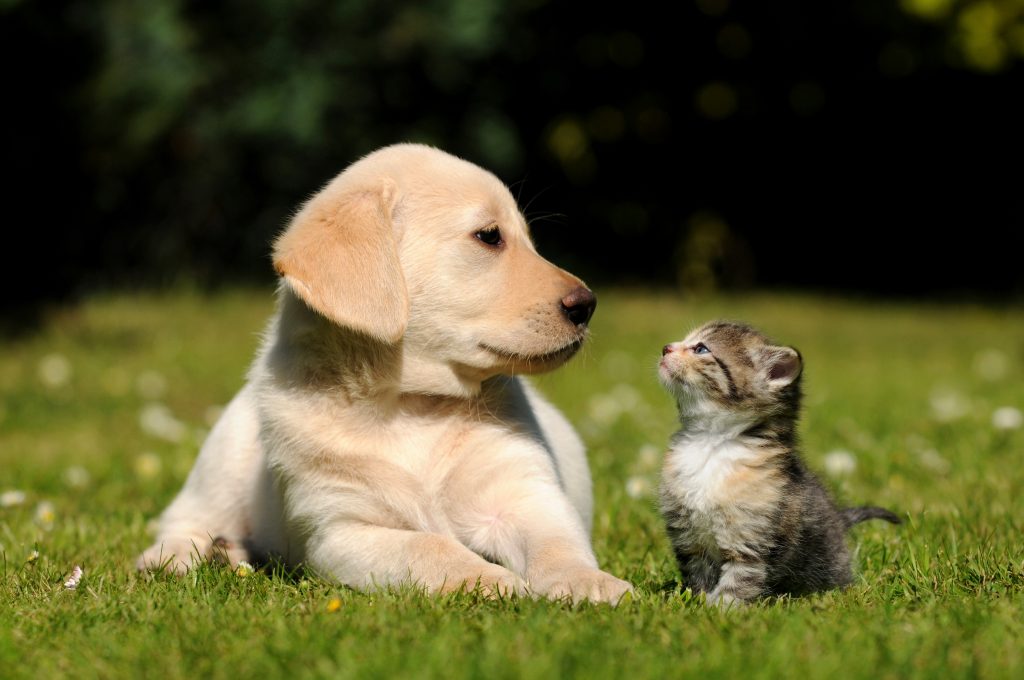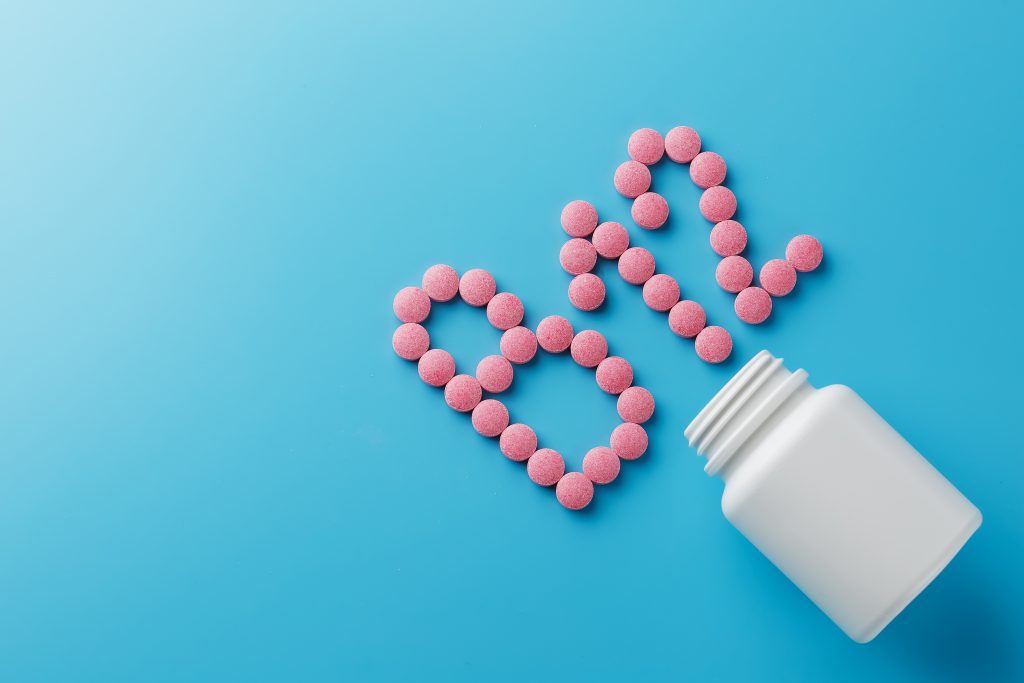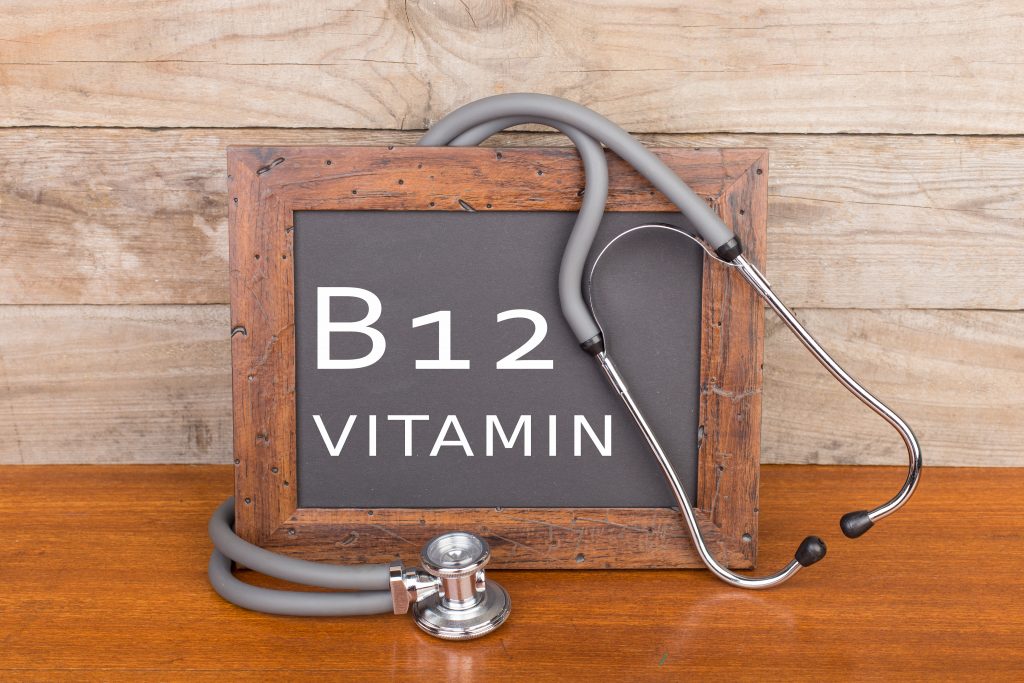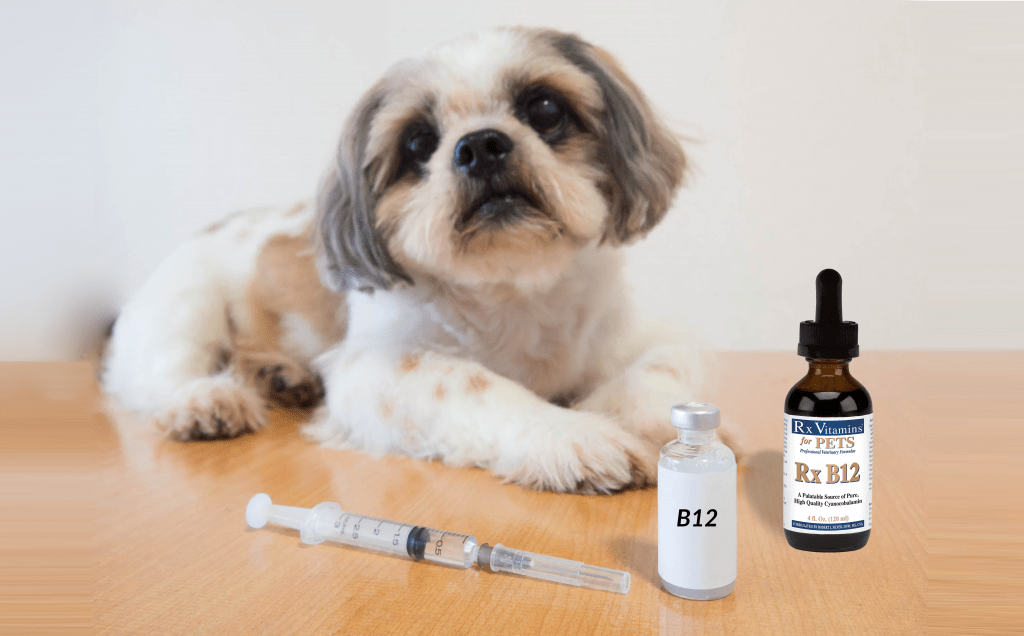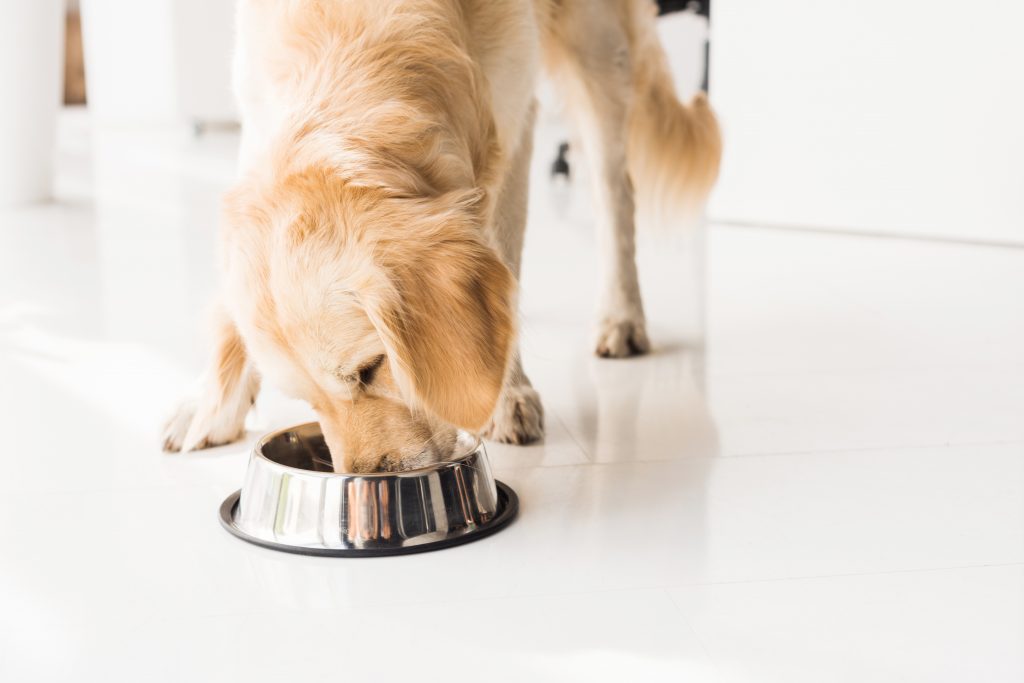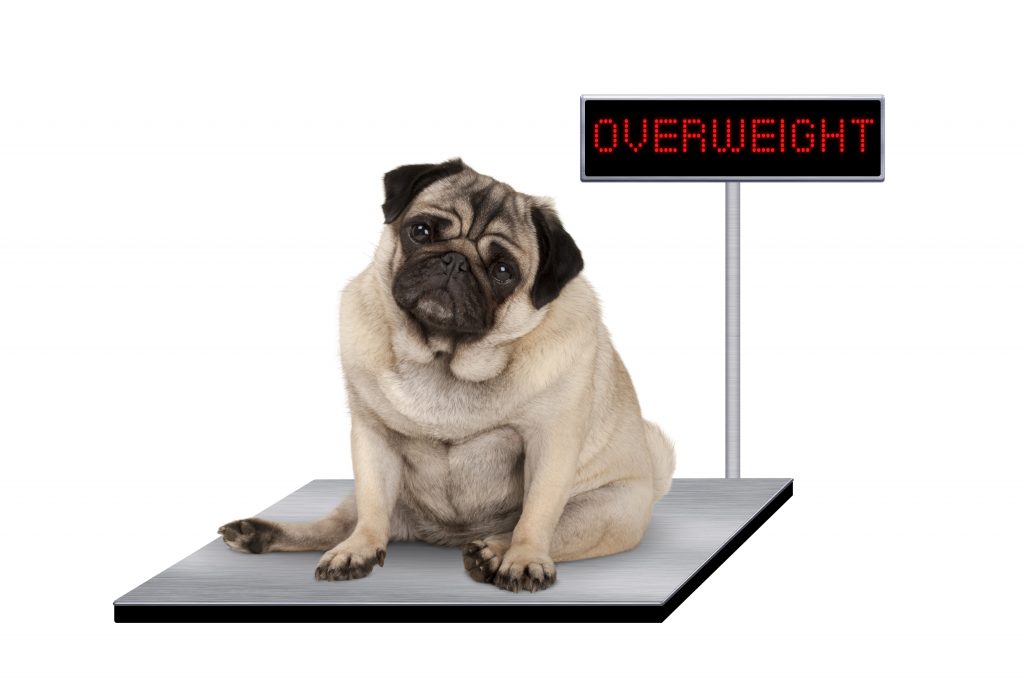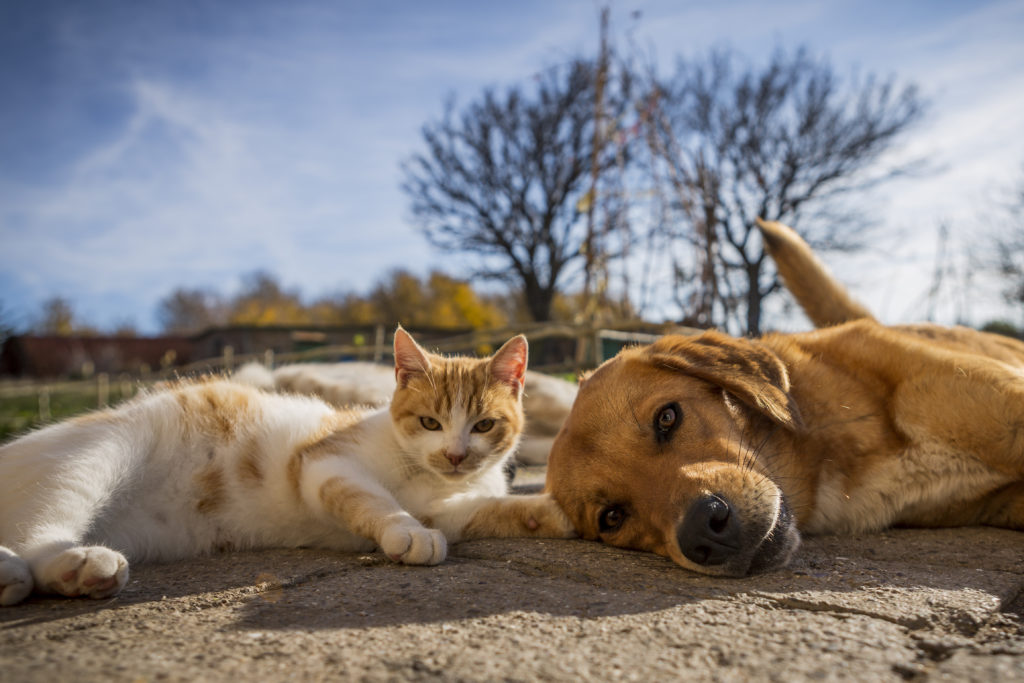
Vitamin D is one of the most important yet overlooked nutrients in our pets’ diet. Raw diets, natural diets, grain-free diets, specialty diets, and the list continues, but none of them address a huge problem in their nutrition: Vitamin D levels. Here are 5 reasons why you should be testing Vitamin D levels in all […] Read more »

